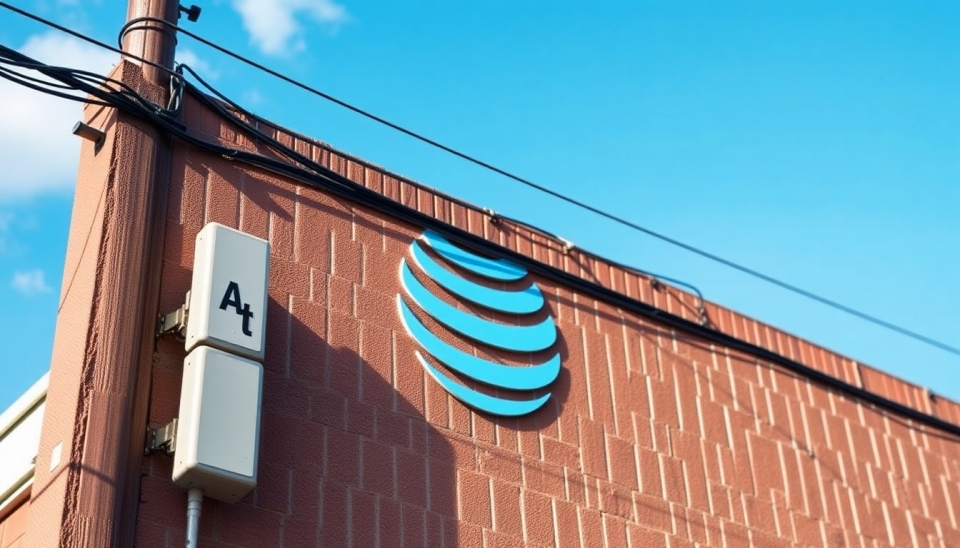
In a significant move to bolster the security and resilience of the telecommunication infrastructure, the Federal Communications Commission (FCC) has introduced new rules aimed at enhancing carrier protections following the notorious Salt Typhoon cyber attack. This aggressive attack, which targeted multiple telecommunications providers, has prompted the regulatory agency to take swift action to mitigate future threats.
The Salt Typhoon incident, known for its sophisticated tactics, showcased the vulnerabilities within the telecom sector, raising alarms about the potential impacts on national security and consumer privacy. With an increased reliance on digital communication, the FCC's response is a strategic effort to safeguard sensitive data and maintain the integrity of communication channels.
The newly proposed regulations will require carriers to implement more robust cybersecurity measures, including regular vulnerability assessments and prompt reporting of security breaches. Additionally, the FCC is mandating that all service providers enhance their employee training programs to better identify and respond to cybersecurity threats.
Furthermore, the rules emphasize the importance of strong collaboration among telecom operators, urging them to engage in information sharing about potential threats and best practices to prevent attacks. This aspect of the regulation is seen as essential, given the interconnected nature of the industry where a single breach could have cascading effects across multiple networks.
Experts believe that these regulations will not only fortify the telecommunications sector against future cyber threats but also enhance consumer confidence in the security of their communications. The FCC's comprehensive approach demonstrates a clear acknowledgment of the evolving threat landscape in cybersecurity.
In a statement, an FCC representative underscored the agency’s commitment to ensuring a resilient communication framework, noting, "These new rules are a vital step towards protecting consumers and enhancing the security of our communications infrastructure. We must adapt to rapidly changing cyber threats and ensure that carriers are equipped to defend against them."
The telecom industry has largely welcomed the FCC's initiative, expressing that the new regulations provide a clearer framework for compliance while also aligning with existing security practices. However, there are concerns regarding the potential costs involved in implementing these measures, especially for smaller carriers that may struggle with the financial burden of upgrades and training.
As discussions around the Salt Typhoon attack continue, the FCC's proactive measures are expected to spark further debate on the need for stronger cybersecurity policies across all sectors, not just telecommunications. Stakeholders are keenly interested in how these regulations will evolve over time in response to technological advancements and the rise of new cyber threats.
Ultimately, the FCC’s newest regulations underline the critical importance of vigilance in the face of growing cyber threats, reminding all carriers that collaboration and proactive security measures are crucial in safeguarding our communication infrastructure.
As the adoption of these new rules begins, industry experts will be closely monitoring their implementation and effectiveness in preventing future attacks similar to the Salt Typhoon. The situation has not only highlighted the vulnerabilities in the telecom sector but has also paved the way for a more secure communication environment.
#FCC #SaltTyphoon #CyberSecurity #Telecommunications #CarrierRegulations #DataProtection #CyberThreats
Author: John Miller




